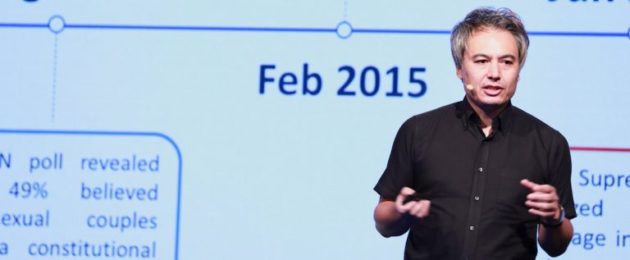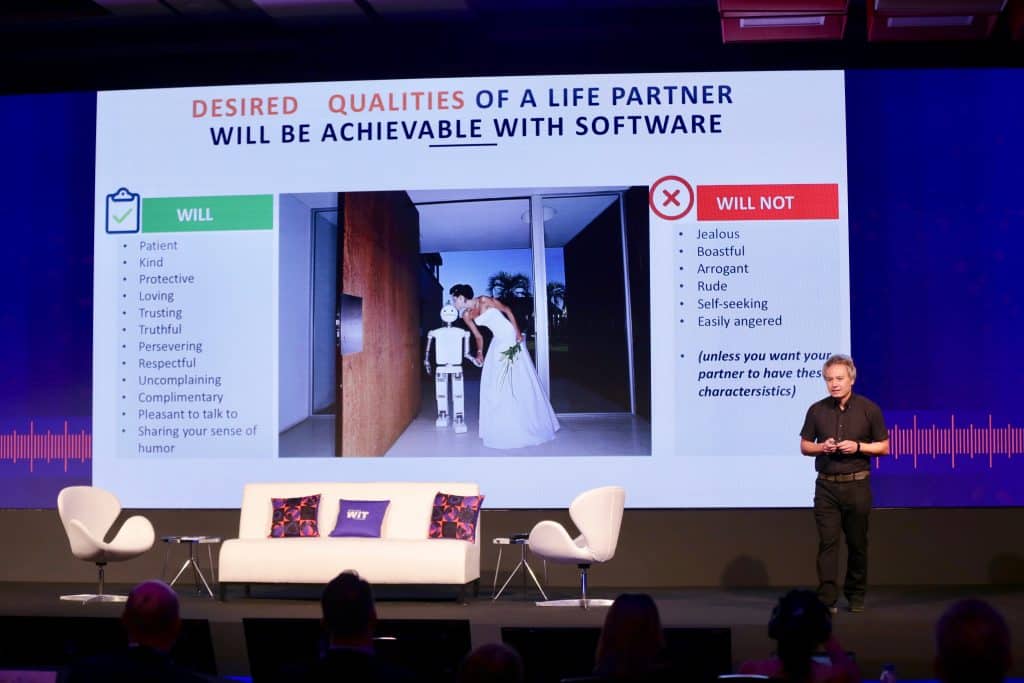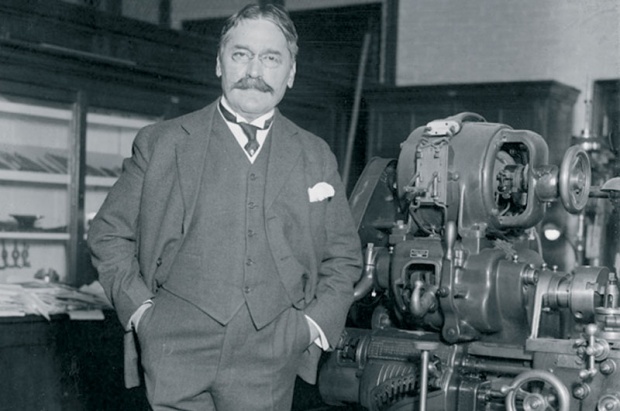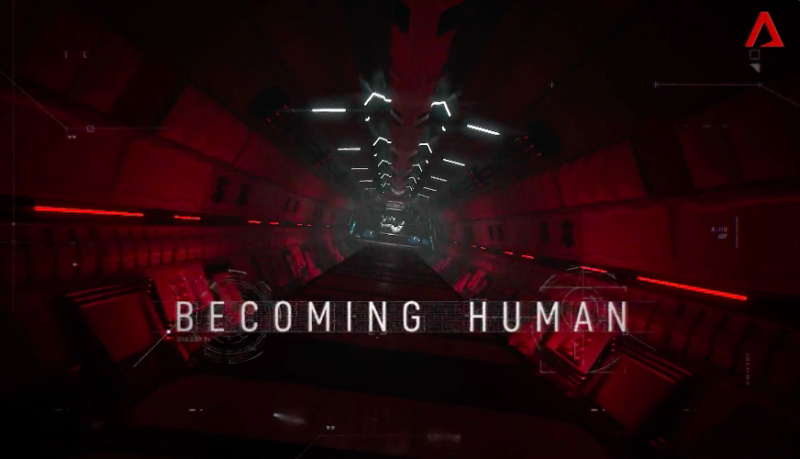情報経営イノベーション専門職大学(東京都墨田区、学長 中村伊知哉、http://www.i-u.ac.jp、以下「iU」)は、このほど海外大学との提携の第一段階として、米国カリフォルニア大学サン・ディエゴ校(The University of California, San Diego (UCSD)、米国イリノイ大学シカゴ校(The University of Illinois at Chicago Campus)、英国シェーフィールド大学(The University of Sheffield)、マレーシアラッフルズ大学(Raffles University Malaysia )、シンガポール国立大学(National University of Singapore)、英国ニコラ・テスラ大学院大学 (Nikola Tesla Graduate School)、アフリカアクレ連邦技術大学(The Federal University of Technology、Akure、 Ondo State、 Nigeria: FUTA)の7校との包括的提携に合意しました。
世界大学構想について
iUは今後も国内外の主要大学と積極的に提携し、iUを中心とした、ITとビジネスの世界に向けての、知的ハブとしての世界大学、「世界大学構想」の実現を目指します。
具体的には学生、教員の交流や、共同研究の実施に加え、以下を目的としています。
(1) 提携大学での授業が受けられ、卒業単位として認められるパスポート制度
(2) 戦略特区の共同利用による新産業、新製品の共同開発研究
(3) 海外留学生へのビザ特区の設置
(4) その他eスポーツ、超教育、超スポーツ、アニメ、オタクなどの国際的共同研究
(5) 起業支援、及び人材育成
今後について
今般の海外大学との提携は、iUが提唱する「世界大学構想」の一貫として推進します。
各校との提携により、今後iUは、それぞれの大学の学生及び教員の交流を通じ、国際的共同講義の開発・開催、各種IT技術に関する国際共同実験・実装、そして国際的共同研究などを、各大学と、またこの活動を支援する内外著名企業各社とともに、展開してまいります。
<大学概要>
■大学・学部学科名
・大学名:「情報経営イノベーション専門職大学」 ※愛称「iU(あいゆー)」
・学部名:情報経営イノベーション学部 情報経営イノベーション学科
■学長
中村伊知哉(なかむらいちや)
<職歴>
1984年、ロックバンド少年ナイフのディレクターを経て旧郵政省入省
1998年、MITメディアラボ客員教授
2002年、スタンフォード日本センター研究所長
2006年、慶應義塾大学大学院教授
2020年4月より、情報経営イノベーション専門職大学学長に就任
■設置概要
・本校舎:東京都墨田区文花1-18-13
・サテライトオフィス:東京都港区海岸1-7-1 東京ポートシティ竹芝 オフィスタワー8階・学生数:1期生230名
・専任教員数:28名
■教育理念
「変化を楽しみ、自ら学び、革新を創造する。」
■基本構想
ICT×ビジネス×グローバルコミュニケーション + 全員インターンシップ×全員起業×オンライン学習
・ICT教育:電子学園が積み上げた基盤により、プログラミング・AI・ビッグデータなど、幅広いICTスキル教育を展開
・ビジネス創造教育:実務家教員によるビジネススキル教育を実施、ビジネス教養、ビジネスプラン策定力などを身につける
・使える英語・グローバル教育:国際舞台で仕事をするために必要な英語力を磨く教育と留学生の受け入れにより国際性も強化
・インターンシップとリアルプロジェクト:1人640時間のインターン、実ビジネスの中でハンズオンのリアルプロジェクト教育を実施
・全員起業:希望者全員に対し、在学中に起業にチャレンジできるサポート体制
・オンラインを活用した授業サポート:『いつでもどこからでも学ぶことができる』をキーワードに、自ら積極的に学ぶための環境の充実
■育成人材像
・ICTを活用する様々な業界・団体において課題を解決し、新たな商品・サービスやビジネスを生み出すことのできる人材
・ICTを活用し新たな商品・サービスやビジネスを生み出すことで、国際社会と地域社会の産業発展に貢献する起業家
【本リリースに関するお問い合わせ先】
iU 情報経営イノベーション専門職大学 TEL:03-5655-15555 E-mail:info@i-u.ac.jp










